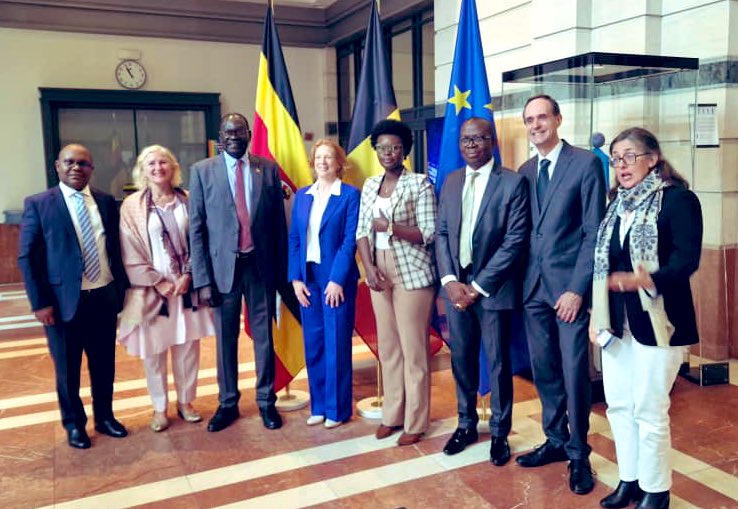
UNHCR: Funding Shortfall Threatens Ugandas Strong Refugee Protection System
moatinoon
The United Nations High Commissioner for Refugees (UNHCR) has warned that the lack of funding and international support for Ugandas commitment to refugee protection will undermine a model that is at the forefront of assisting refugees and a beacon of stability in the region.
The UNHCR emphasized Ugandas steadfast commitment to fulfilling the pledges made at the 2023 Global Refugee Forum towards greater social and economic inclusion and self-reliance for refugees.
Matthew Crentsil, the UNHCR representative in Uganda, stated at a press conference in Geneva last Friday, "For decades, Uganda has been at the forefront of assisting refugees and a beacon of stability in the region, adopting progressive policies that embody the Global Compact on Refugees. These policies allow refugees to access land, have freedom of movement, and reside in urban areas provided they can support themselves."
The UNHCR is calling for 858 million to support over 4 million refugees and host communities, but so far, only 13% of the required funds have been received.
Crentsil added, "If these policies lose popularity as funding dwindles, and no action is taken, development gains and institutional capacities will weaken, peaceful coexistence with host communities will be hindered, and we will see people leaving Uganda in search of survival means." He noted that refugees began leaving for neighboring countries in May due to a lack of support and reduced food rations.
Crentsil mentioned that the continuous influx of refugees into the country, media indifference, and lack of funding are putting significant pressure on the protection and assistance services provided to refugees and their host communities, threatening Ugandas strong protection system and refugee response model.
To underscore the importance of maintaining a robust protection system in Uganda, the UNHCR, along with senior Ugandan officials, visited Denmark, the Netherlands, Belgium, and EU institutions last week to highlight the profound impact of reduced funding and to call for additional resources.
The funding shortfall has led to the reduction of healthcare staff, insufficient supplies to meet critical health needs, a shortage of teachers and educational materials, and overcrowded schools where children—who make up more than half of the total refugee population—struggle to access education. It has also caused delays in refugee registration due to a lack of necessary materials and equipment. The UNHCR has been forced to cut back on investments in income-generating activities for refugees, significantly impacting efforts to make refugees less dependent on aid.

